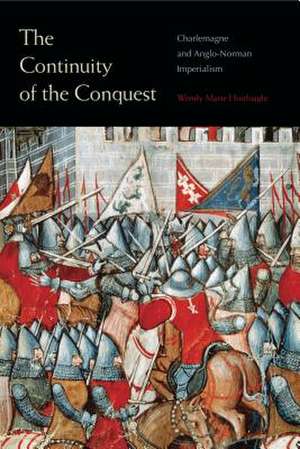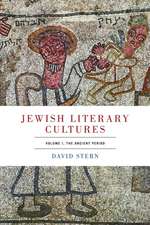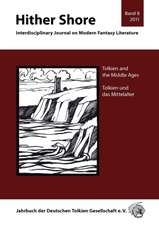The Continuity of the Conquest – Charlemagne and Anglo–Norman Imperialism
Autor Wendy Marie Hoofnagleen Limba Engleză Paperback – 14 dec 2017
Wendy Marie Hoofnagle explores the Carolingian aspects of Norman influence in England after the Norman Conquest, arguing that the Normans' literature of kingship envisioned government as a form of imperial rule modeled in many ways on the glories of Charlemagne and his reign. She argues that the aggregate of historical and literary ideals that developed about Charlemagne after his death influenced certain aspects of the Normans' approach to ruling, including a program of conversion through "allurement," political domination through symbolic architecture and propaganda, and the creation of a sense of the royal forest as an extension of the royal court.
An engaging new approach to understanding the nature of Norman identity and the culture of writing and problems of succession in Anglo-Norman England, this volume will enlighten and enrich scholarship on medieval, early modern, and English history.
Preț: 270.78 lei
Nou
Puncte Express: 406
Preț estimativ în valută:
51.81€ • 56.46$ • 43.66£
51.81€ • 56.46$ • 43.66£
Carte tipărită la comandă
Livrare economică 23 aprilie-07 mai
Preluare comenzi: 021 569.72.76
Specificații
ISBN-13: 9780271074023
ISBN-10: 0271074027
Pagini: 208
Dimensiuni: 153 x 228 x 16 mm
Greutate: 0.3 kg
Editura: Penn State University
ISBN-10: 0271074027
Pagini: 208
Dimensiuni: 153 x 228 x 16 mm
Greutate: 0.3 kg
Editura: Penn State University
Descriere
An interdisciplinary study examining the origins of Anglo-Norman views of kingship in idealized interpretations of Charlemagne's imperium. Demonstrates how the idea of "Englishness" developed in the Middle Ages as much as a consequence of the Anglo-Norman imagination and experience as a reaction against it.


